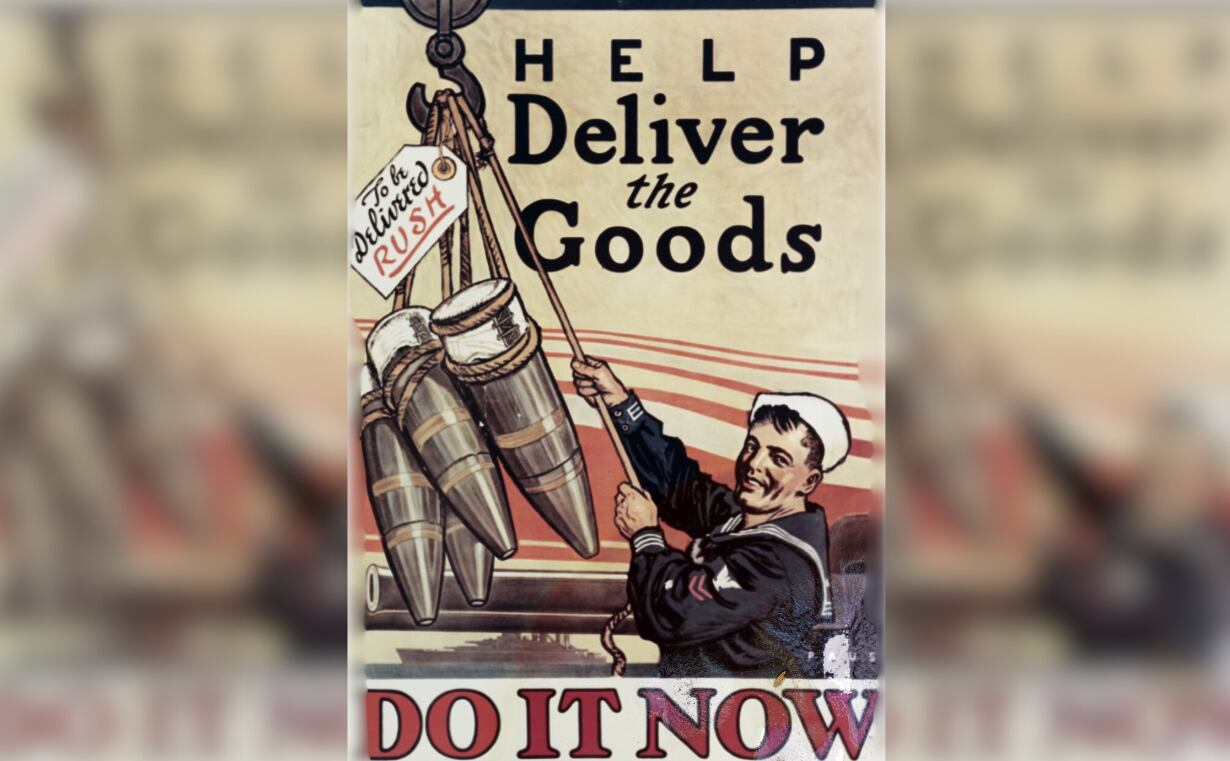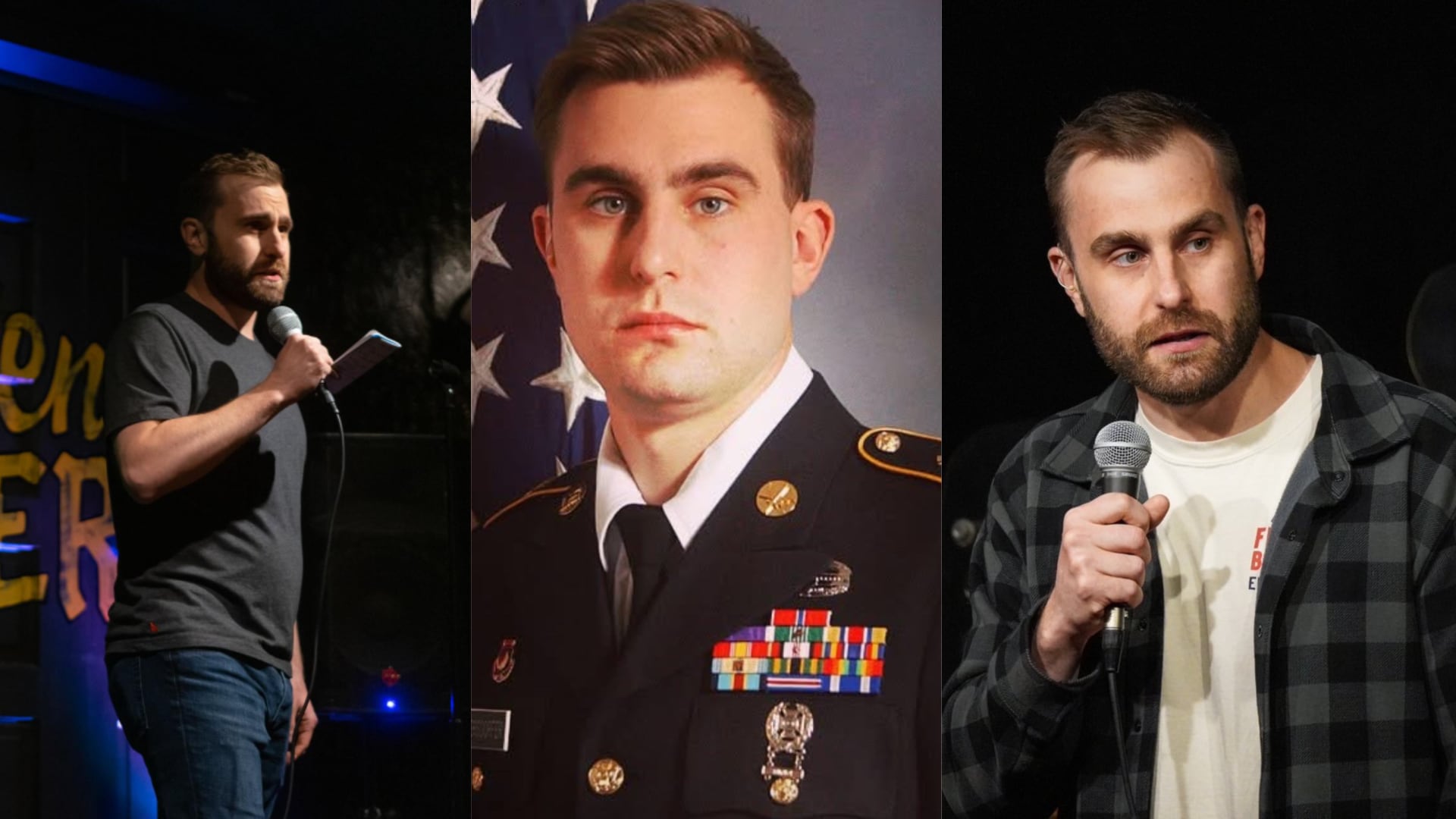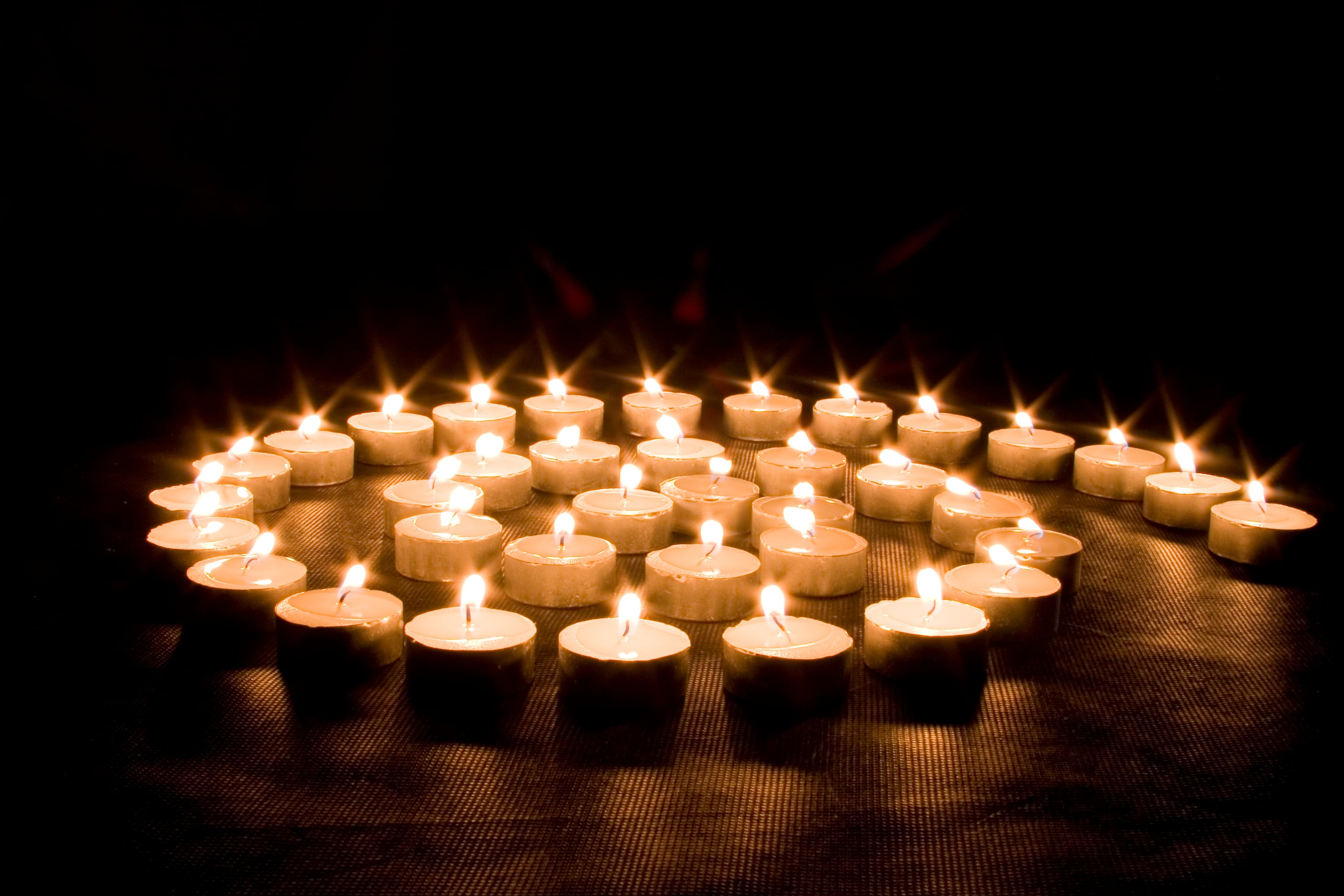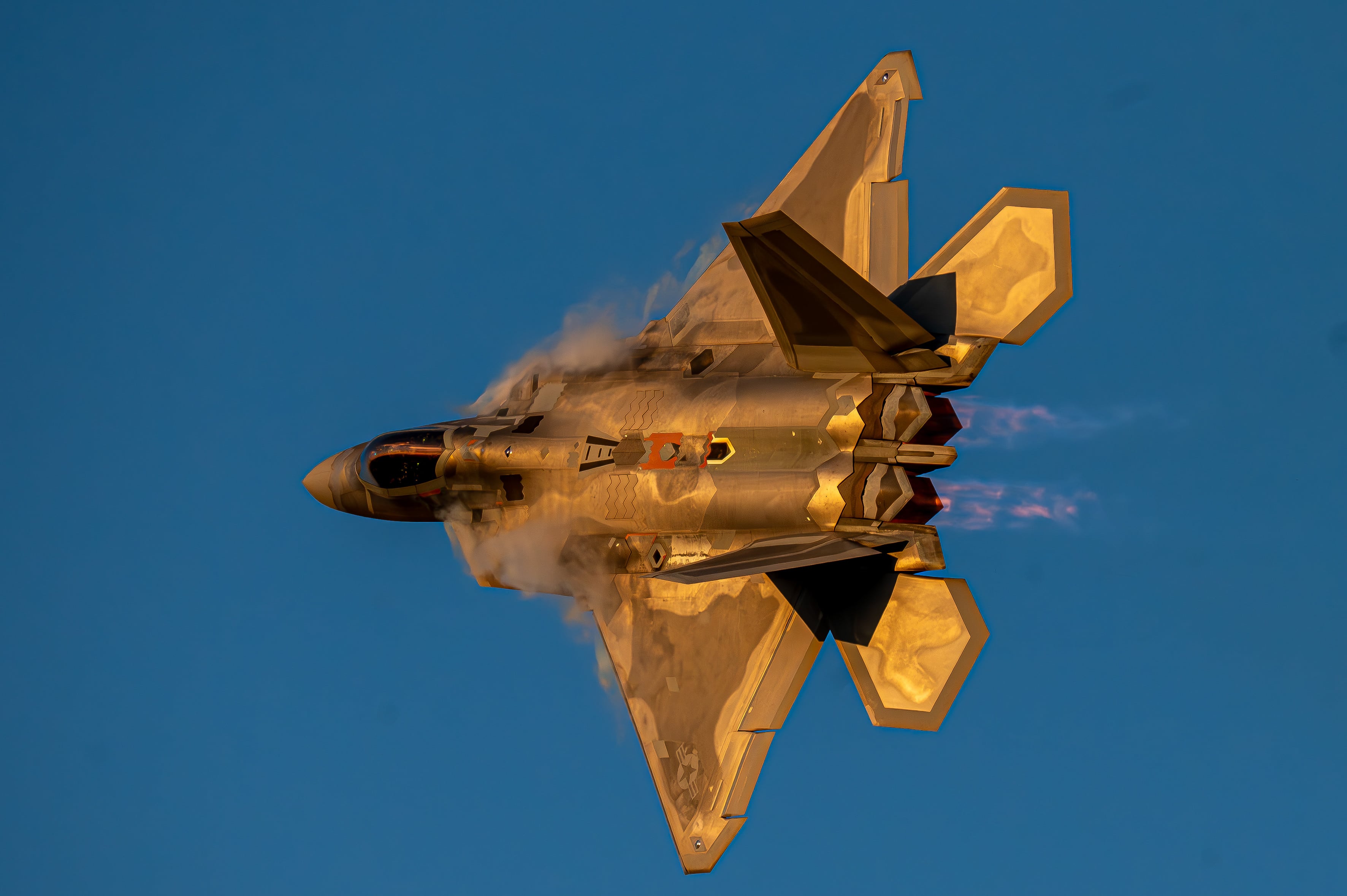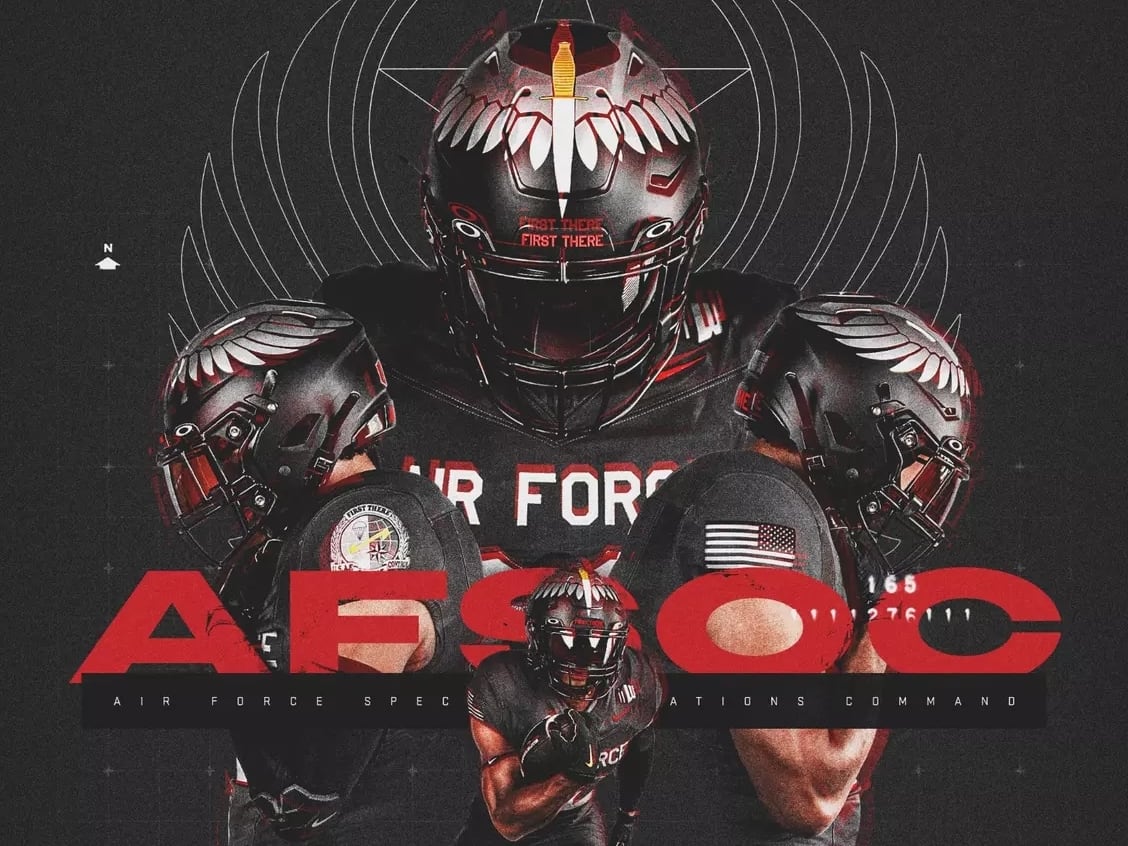The Haditha Triad of Iraq, the bloody corridor between the cities of Haditha, Barwanah, and Haqlaniyah, was by 2006 home to retreating Al Qaeda extremists who were backed into a corner by swarming U.S. Marine units.
In a bloody and brutal last stand, the desperate fighters lashed out in the form of routine mortar bombardments and roads laced with improvised explosive devices.
Company E of the 2nd Battalion, 3rd Marine Regiment averaged a casualty a day during the first 45 days of their September 2006 Iraq deployment. The Marines’ hostile area of operations had evolved into what Marine Capt. Matt Tracy, commander of Company E, described as “extremely kinetic.”
Writer and photographer Ed Darack, embedded with 2/3 in the winter and spring of 2007, recounts this destructive fight — and the American and Iraqi attempts to rebuild — in his latest book, The Warriors of Anbar: The Marines Who Crushed Al Qaeda – the Greatest Untold Story of the Iraq War.
Darack spoke with Military Times about the intimate, and oftentimes distressing, labors of documenting such an experience.
Establishing and providing security is one thing, rebuilding an area and ensuring the delivery of basic services is another. How did 2/3 set about doing both, especially with Anbar’s fragile existence?
There were different Marine Corps battalions throughout the area of operation, and of course, resources there were finite. It was a push-and-pull on who got what resources and where they would go. But RCT (Regimental Combat Team) 7 did funnel a number of resources for both building security as well as rebuilding the municipal functions of the area, which had been decimated by Al Qaeda.
One of the key things in terms of rebuilding was to build a military operations center where the Marines could conduct meetings with key leaders — sheikhs and businessmen — talking about how to stimulate the economy. Directly, the Marines would go and buy things from the local shops and they would try to help facilitate and coordinate economic activity.
They were trying to get places rebuilt, shops to open, but in order to do that they had to root out any Al Qaeda and other insurgent activity. The Marines could do that, but in order to have an enduring effect, they had to work closely with the indigenous security forces as well. That was the Iraqi Army, but most notably in this book, it was the IP, the Iraqi Police.
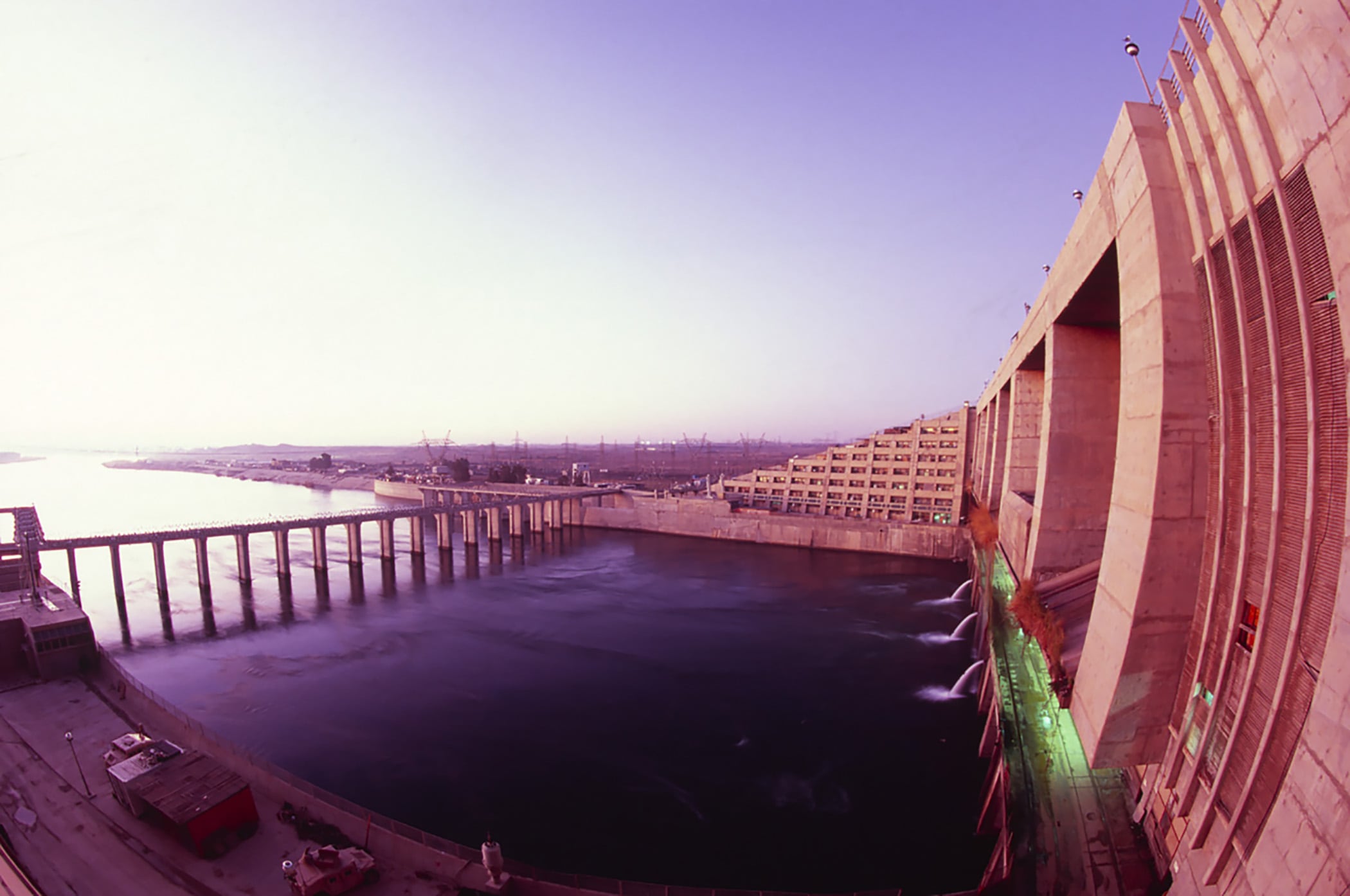
Speaking with Marine Corps News in 2007 about the future security of the Haditha Triad, Col. James Donnellan said, “They (Sheikhs) say, ‘We need security and we need police that are from this area.’ Then we ask, ‘OK, how many men in your tribe are willing to put forward?’ That’s when the room gets really quiet and everyone starts looking down at their feet.” Did you witness a similar local attitude?
I showed up there in February of 2007 and by that time the police force was in full swing. At the beginning though, yes, that was the case. The populace had been cowed into submission by Al Qaeda through beheadings and scare tactics in the months prior.
Enter [Iraqi Police Chief] Colonel Farouk. It’s a rough business over there and he was the person for the job, certainly at the time. Through strong arm tactics he was able to prove to the populace that he meant business. He’s from there — he wasn’t an outsider, so he cared about the area.
I got to see firsthand when I was over there the outreach that they did, not only between the Marines who would go out on patrols every day with the Iraqi Police, but their outreach with key local leaders. They would have regular meetings and the Marines would ask things like, “What do you need?”; “What do you need in order to get your business back up and running?”; “What do you need to get the hospital going again?”; “What do you need for basic things like trash pickup?”
When 2/3 arrived, there was a shadow government that had been run by Al Qaeda. It was a dark cloud over everything. If you didn’t fall in line with what they wanted to do, you and your family would end up decapitated, your heads stuck on spikes.
Aside from the government that was in place, can you discuss the feelings of the families that were under that guard?
It was like night and day. I wasn’t there when 2/3 got there, but I was there toward the end. Women and children were expressly forbidden by Al Qaeda to interact or go outside much at all.
In my book there is a chapter called Colors and Crying — men, women, and children started wearing brightly colored clothes as a statement. I have photographs of local children running up to the Marines. Women started walking outside again.
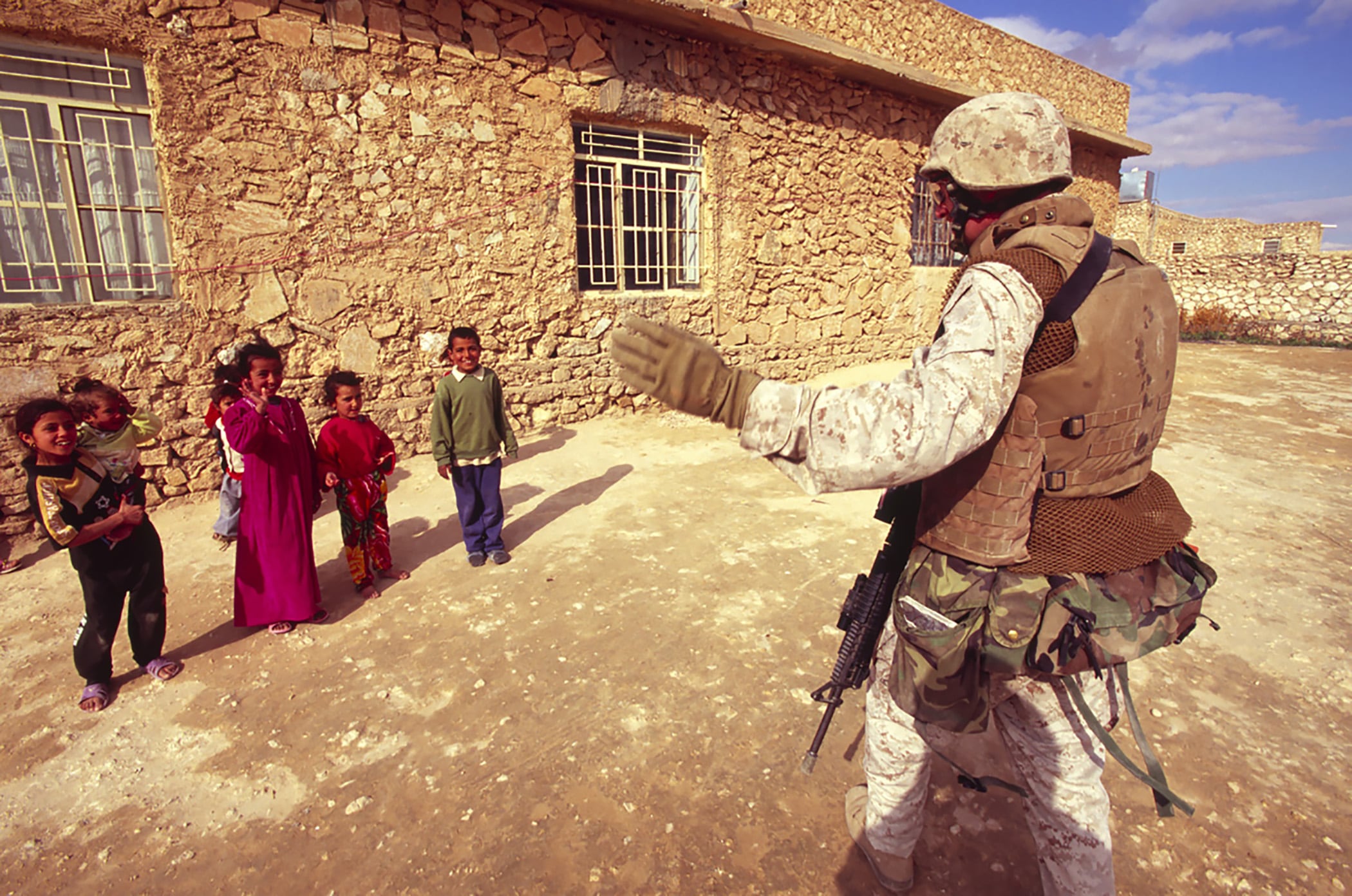
What were some of the greatest challenges you encountered when you were embedded with 2/3?
I first started in March of 2005, spending two weeks at the Mountain Warfare Training Center [in Bridgeport, California]. The men of 2/3 happened to be training there for a May deployment to Afghanistan. After about a month in Afghanistan they invited me to come out with them. I did and ended up writing a book, Victory Point, about their participation in Operation Red Wings and Operation Whalers. I was then invited to come back over to Iraq.
When I arrived there 2/3 had already been hit really hard — it was very difficult because I lost friends.
One friend, a gunner I met during my first embed in Afghanistan, was 20 when he was killed. His wife gave birth to their daughter while he was deployed in Iraq. He never got to meet her.
Another friend of mine, Gunnery Sergeant Terry Elliot, was deployed to Afghanistan when his son was born. He actually died when I was over there. I saw him briefly before I got rerouted to go somewhere else. He was in a convoy that hit a massive IED. That’s the most difficult part, the losing friends part.
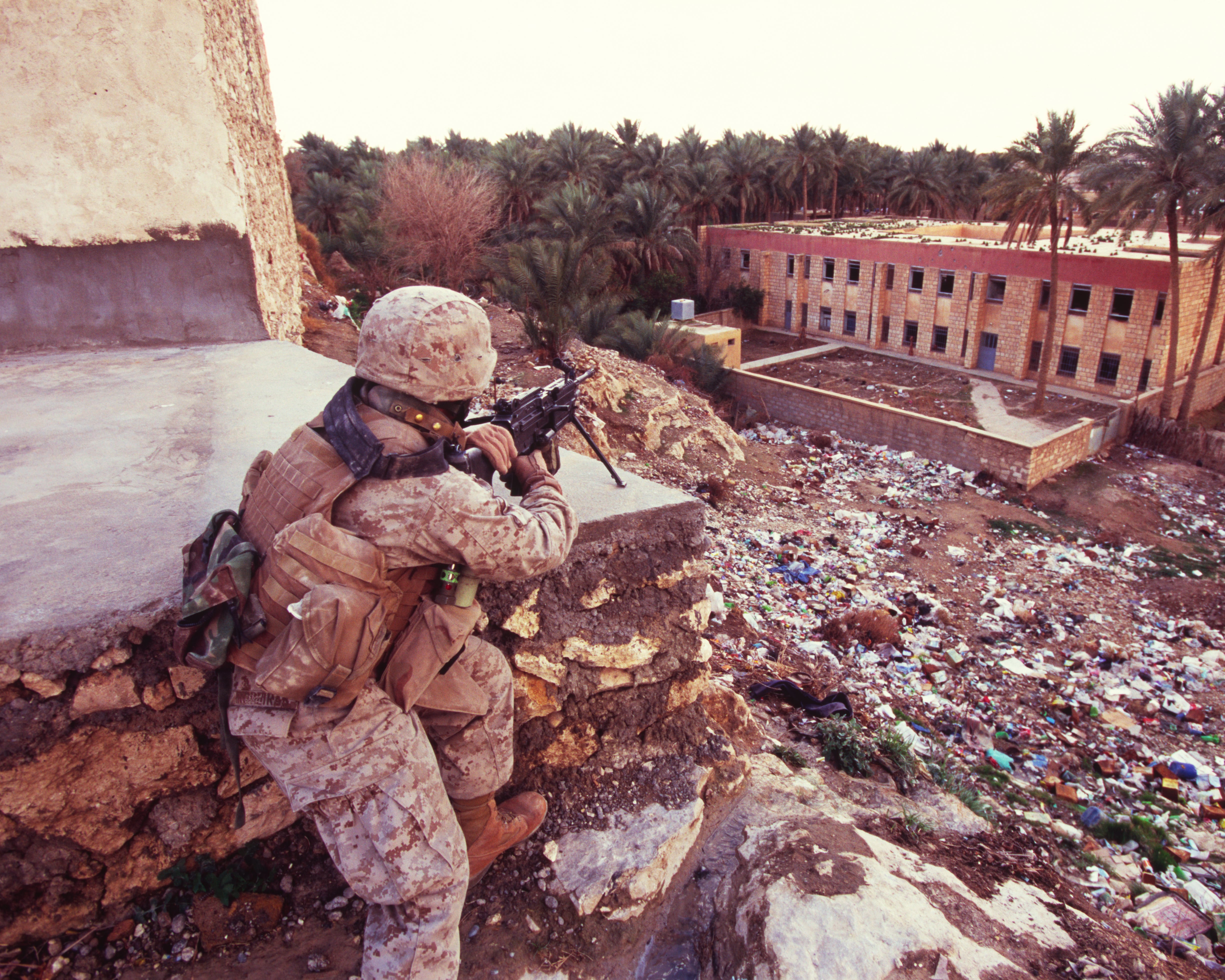
And the other one is self-preservation and fear.
I’m not going lie, I certainly experienced a lot of fear when I was over there. Going to Afghanistan was a real eye opener for me. I had never been around anything like that before in terms of combat.
In Afghanistan there were definitely moments of fear, but in Iraq it was constant. Twenty-one members of the battalion had died by the time I arrived. Twenty-three were killed by the end of the unit’s tour, not including the support attachments.
So, every step you took you just didn’t know. I remember being on patrol with a squad of Marines from Echo Company and I saw something that looked like a caulk tube. I went to kick it and the squad leaders screamed at me because it could have been a trigger for an IED. That’s just not something we, as non-warfighters, think about, but you learn it and you learn it very acutely.
I remember being back from that trip, driving down the road and seeing a patch of fresh asphalt. My first instinct was, “That’s a sign of an IED.” I don’t think like that anymore, but you definitely get in that mindset. I’m glad I did it, but I’m glad that I never have to do it again. Let’s put it that way.
Presently, in less than a week, Iraqi security forces have killed more than 100 people and thousands more have been wounded in what seems to be a war against unarmed protesters. Do you feel any frustration about the potention for Iraq regressing into what it used to be?
Frustration if they do go wholesale, tailspin back into chaos.
It just would be sad because you want to think that they’re going to be able to go on with their lives. I mean, I woke up this morning and my concerns were the book releases today. I’m going to go out for a walk and enjoy the day. In Iraq, you don’t have any of that.
And so American forces — not just Marines, Americans deployed over there — that’s what their purpose was, to try to give that country a chance. It gives you pause.
You want to do something about it, but that’s the question, what do you do? How can something be done and should it be done by us?
To end on a potentially lighter note, what would you say were the Marines’ attitudes towards you while deployed?
I will say that some of my best friends today are from that battalion.
I had a great time. I continue to work with the Marine Corps and I talk to a lot of the people who are in this book on a weekly basis. I know that sometimes people try to portray the military as one thing or another, but Col. Donnellan and his staff wanted me to see everything, and so I got the full — I don’t want to say the full experience, but I got to see as much as I possibly could.
The only negative was the fear, and that didn’t come from the Marines, it came from the enemy. When I first started I just didn’t know what to expect. I remember showing up in March of 2005 and I literally did not know the difference between a corporal and a colonel.
Everybody was always receptive, as ignorant as I was at the time — and I was very ignorant of military operations. It was an experience of being immersed with professionals. It was a great experience and it continues to go on.
Senior Editor of Military History magazine Paraag Shukla and Military Times writer J.D. Simkins contributed to this interview.
Claire Barrett is the Strategic Operations Editor for Sightline Media and a World War II researcher with an unparalleled affinity for Sir Winston Churchill and Michigan football.
Tags:
ed darack2nd battalion 3rd marines3rd marines iraqhaditha triadhaditha iraqiraq combat2/3 iraq2/3 marines hadithairaq combat marine corpsmarine corps in iraqIn Other News






